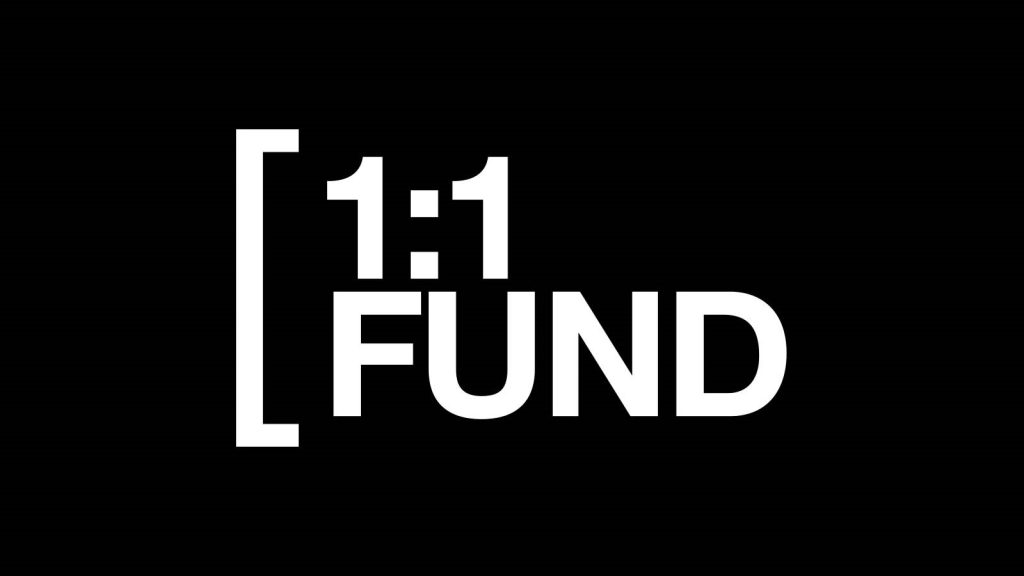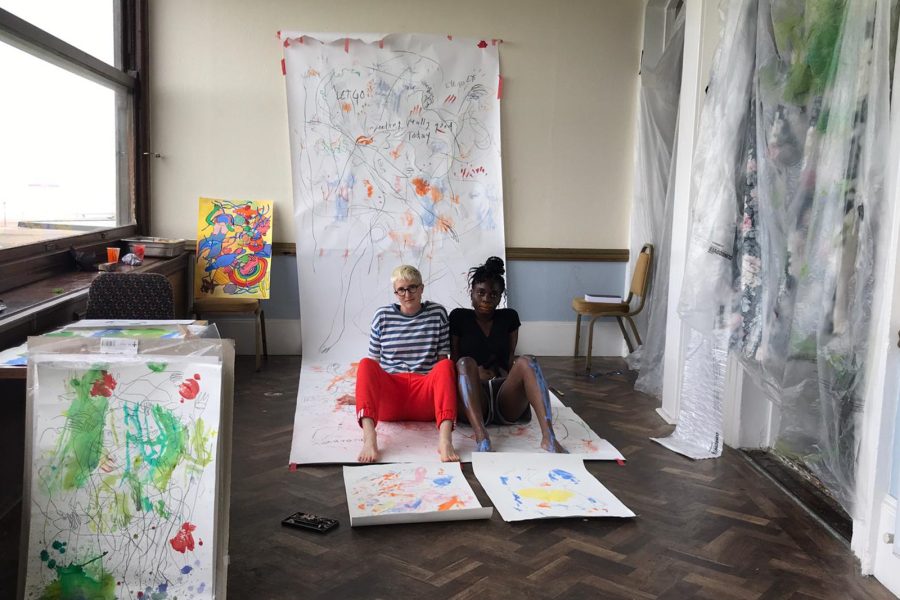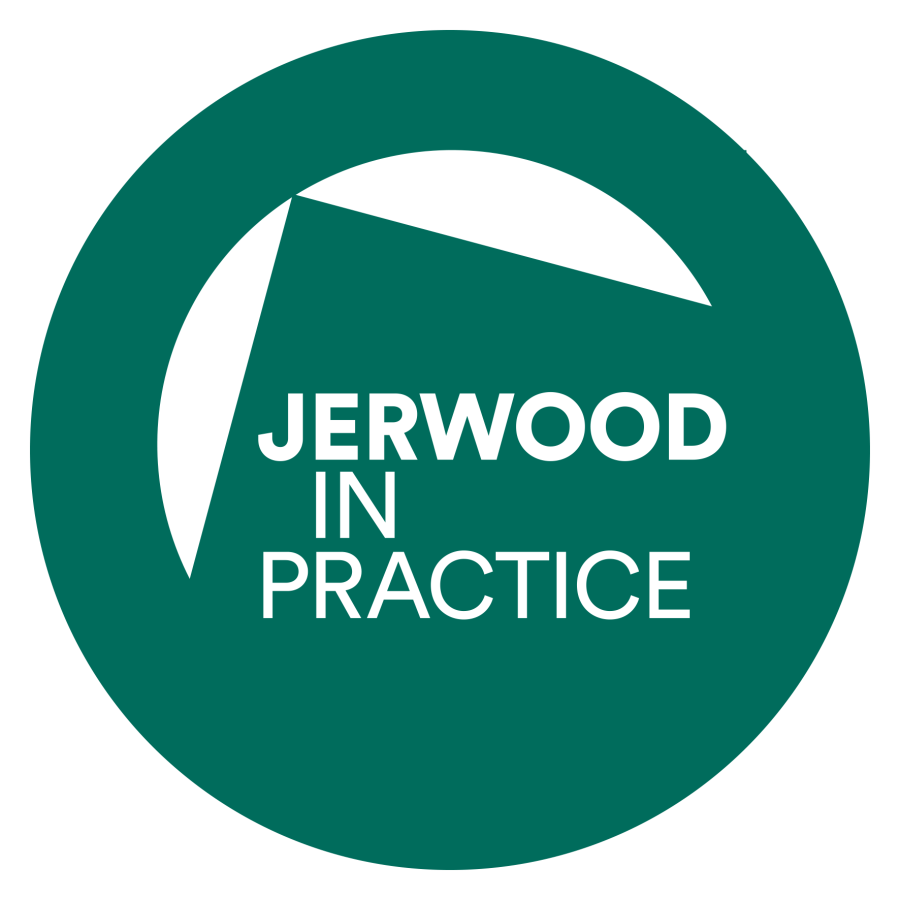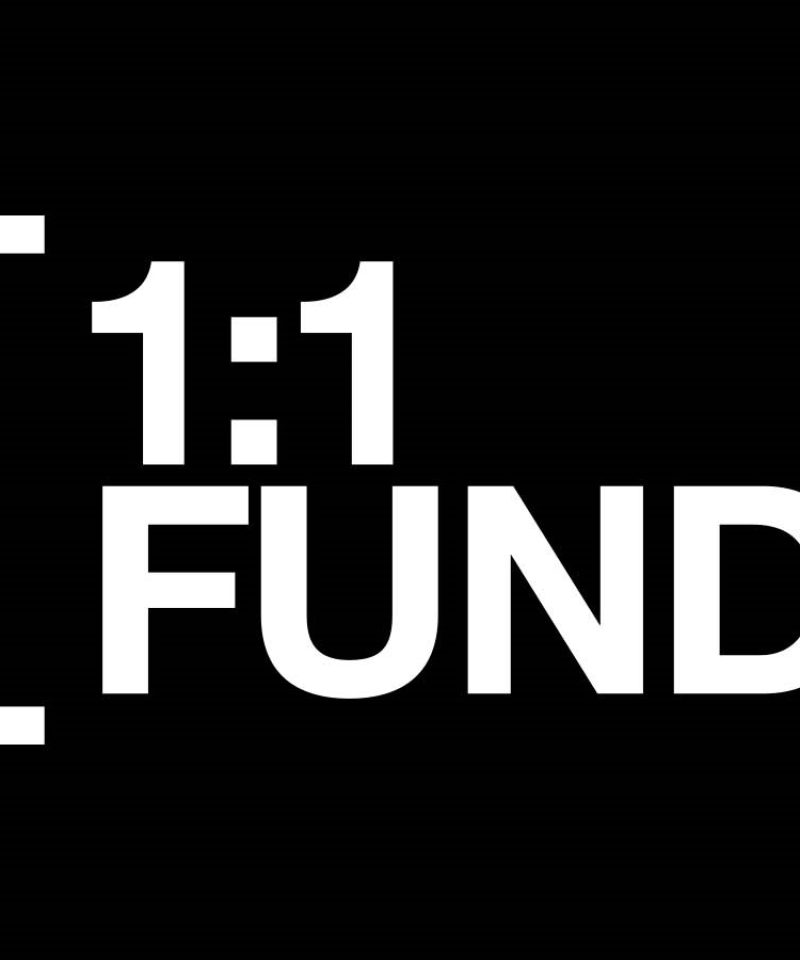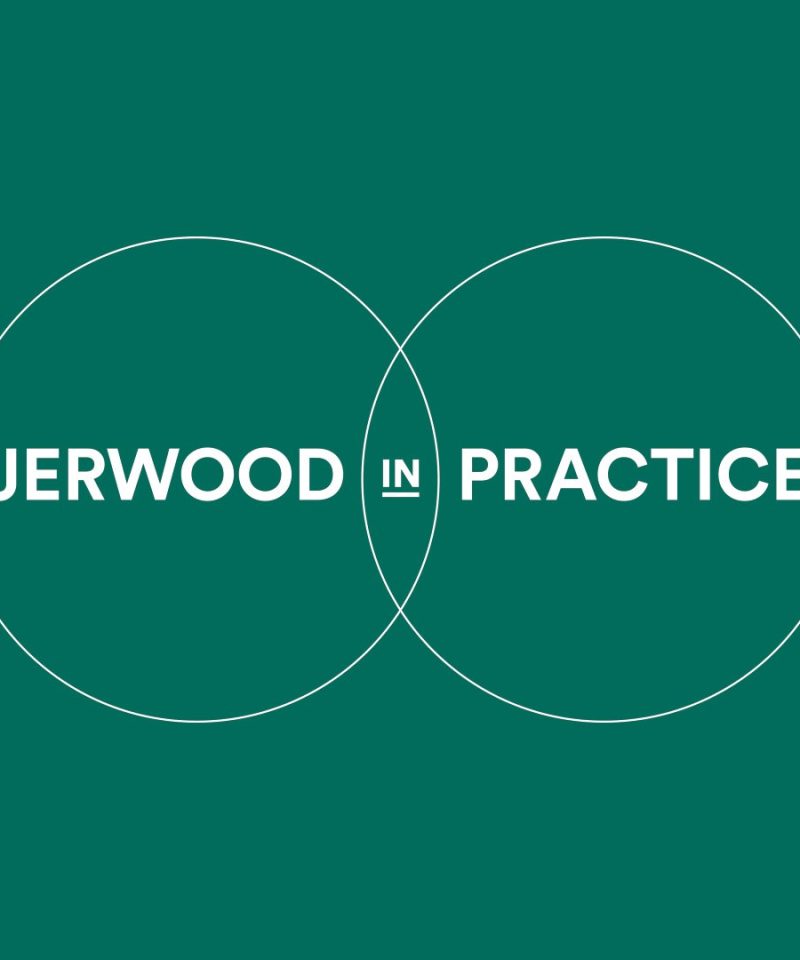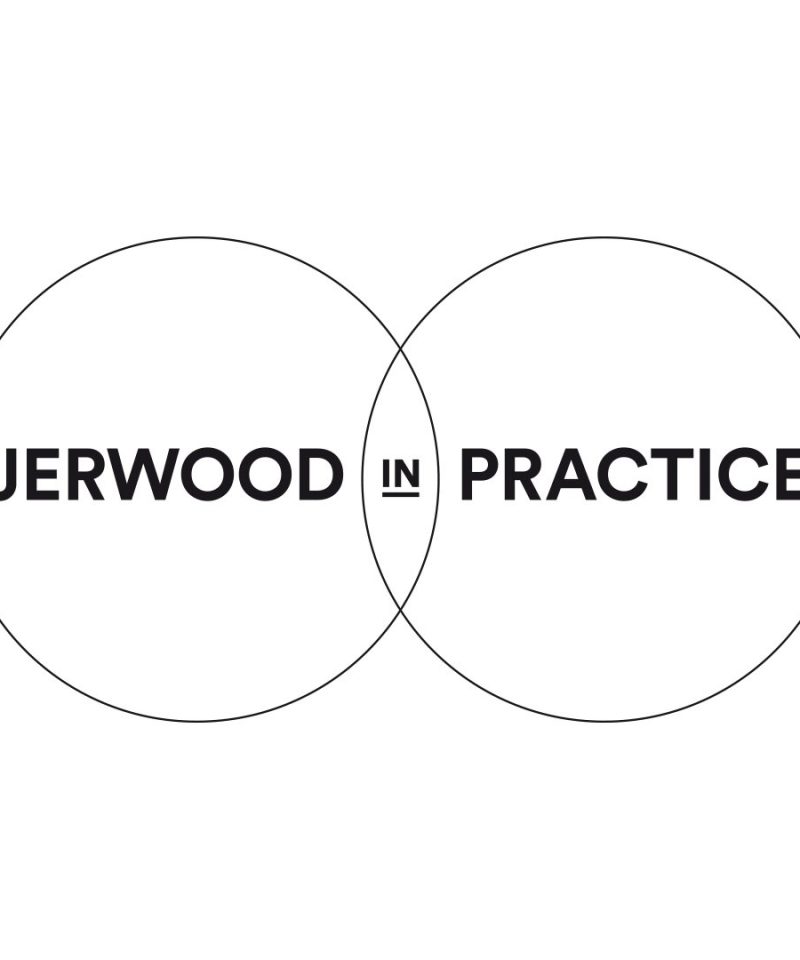Independent arts funding of the kind Jerwood Arts offers is a privilege that comes with a complex set of responsibilities. The impact of the pandemic on freelance artists has given us cause to reflect on our mission to support outstanding early-career artists from across the UK, from all backgrounds, to develop and thrive. Part of our response has been a renewed commitment to innovate in our funding practices, and explore how we can improve conditions for artists, curators and producers through our work. You can read about this in our blog Funding for individuals is broken.
We developed the 1:1FUND to pilot an alternative approach, and you can read more about our thinking when we launched the fund in September in the connected Reflections and Resources below. Two core innovations stand at the heart of it: the focus on collaborative pairs of artists applying together, and selection determined by a random number generator.
Listening to artists is at the core of our work. Both during the development of the fund and since, we invited artists and peers to feedback and inform it. We have been keen to start and support a conversation about the often opaque and unspoken power dynamics surrounding funding processes. Who finds out and feels able to apply? What unpaid labour is involved, and how are the standard requirements of funding applications implicitly and explicitly shaping the art that gets made? What biases are at work through different decision-making processes?
These conversations were hugely informative, enriching and generative. The texts below build on these, by offering four different perspectives, shared at different moments over the last few months. Two are from artists we know and have supported in the past, two are from voices new to us. Their views range from the critical to the curious, the pragmatic and personal to the enthusiastic, and include ideas for what we might do next too. The texts help vocalise and draw out the detail from the evaluation feedback provided by 178 applicants (out of 856 applicant pairs, total 1712 individuals). While more than half (54%) said that the random number generator had made them ‘more’, or ‘a lot more interested’ in applying, 20% said it made them ‘less’, or ‘a lot less likely’ to. It was also salutary to note that almost a quarter (24%) said it made no difference at all!
To coincide with their publication today, we are also sharing a Jerwood In Practice blog providing insights into what we have learnt so far from running the fund and further reflections on the feedback we’ve received.
Funding; A Game of Chance by Kelly Best and Georgie Grace
Kelly Best is a Cardiff-based artist and Jerwood Arts Artist Adviser who has worked with the organisation on a number of selection processes, including Jerwood Collaborate! in 2019. She first got in touch with us about the potential of random selection approaches and their success in other areas of funding distribution in 2020. We emailed Kelly, along with around ten other Artist Advisers over the summer, to let them know what we were planning and to invite their feedback. As Kelly and Georgie have an existing collaboration, which began through a Jerwood Arts-funded project, they asked to write the text collaboratively. Georgie is a queer digital artist and interaction designer. Through various forms of playful correspondence, Kelly and Georgie explore their shared interests in memory, rules, relationships, and technology. Their text was written before the 1:1FUND opened for applications.
“I love the fact that this new bursary is supporting collaborative exchange. Yes! We’ve talked a lot about how progressing in the/a art world/s is like playing a game of poker and hedging your bets. Working in collaboration has been so important for me. I think it started earlier than we think, when we were working individually during 3-Phase. We were able to lean on each other when we secretly didn’t feel as confident as we thought we should, or as confident as we thought the funders expected us to be. It has helped us work through the rules that exist and rewrite our own new ones. Do you think working in collaboration is a human version of a random generator? Thinking of our collaboration, thinking of writing this. We turn up, we input, we shake it all together and something (random) comes out that is unpredictable and previously unknown or underdeveloped. That’s creativity. That’s exciting. And there’s play. There’s an invitation to let go of control. When we collaborate, we deliberately do things together where we have less control, and invite more random elements. We forget who wrote what. It’s energising. It feels less personal, more freeing.”
Listen to the recording of the text
A Response to the 1:1FUND by Sam Metz
Sam Metz is an artist based in Hull who researches, creates and reflects on the concept of what they refer to as choreographic objects. Sam has collaborated with the performance artist David Clarkson to create body-based live art, and has been a member of Guerrilla Art Lab, a queer, feminist, live art, performance collective since 2016.
As an emerging curator Sam is influenced by disability-led approaches to interpretation, particularly focusing on sensory modalities of understanding neglected in traditional forms of art museum interpretation, such as touch. Sam explores methods of providing art historical, social, material interpretation– that different people can use in different ways to help them make meaning from what they are looking at.
Sam emailed the team shortly after the 1:1FUND call for entries was launched in September, enquiring about the updated process and expressing concern that some of the more relational and responsive elements of our recent processes – such as individual feedback – would not feature within this new approach. We invited Sam to write this commission to document their concerns and suggestions as expressed in our email correspondence. Sam has specialist knowledge of inclusive and disability-led practice, and have been part of selection processes as part of the PANIC! Steering Group through The Tetley in Leeds. Sam’s text was written after the 1:1FUND opened for applications.
“To require artists to invest unpaid time in an application that they know is not just unlikely to be accepted but unlikely ever to be read feels like a damaging shift away from an understanding of the application process as relational – a critical conversation between practitioners.”
Listen to the recording of the text
Time to think about meritocracy and precision-madness by Mark Robinson
Mark Robinson is the founder of Thinking Practice and the author of the book, Tactics for the Tightrope (Future Arts Centres, 2021) as well as several collections of poetry. His poem ‘The Infinite Town’ is carved on a large plinth on Stockton High Street, from which emerges a steam train at 1pm every day. He has been an individual applicant as writer and small press publisher, a member of many panels, and a decision-maker working for Northern Arts/Arts Council England.
Mark tweeted positively about the experiment when it was announced in September and has since been in email correspondence with Lilli Geissendorfer, Director of Jerwood Arts. Mark’s text was written after the 1:1FUND opened for applications.
“Too much well-intentioned effort goes into justifications for choosing between a surfeit of good bids whilst maintaining the status quo. These justifications are, if not fictions, often codes for ‘too many good applications, try again later’. Our illusion of control, choice and meritocratic ‘excellence’ makes us reluctant to say or hear this. Deliberative decision-making leads to ever-finer distinctions, what I have seen described as ‘precision-madness’. I have seen and felt this in action, from both ends.
The use of a random number generator is, in some ways, not much more random than the processes of selection and diary availability that lead to a particular group of people making decisions about eligible applications against a particular budget. Replace one or two people with others, and decisions easily end up different.”
Listen to the recording of the text
In response to the 1:1 FUND by Jannat Ahmed
Jannat Ahmed is an occasional writer, poet, illustrator, and also editor-in-chief at Lucent Dreaming, an independent magazine of fiction and poetry based in Cardiff. She has worked for Poetry Wales where she launched Poetry Wales Pamphlet Competition, Wales Poetry Award and Wales Young Poets Award. She hopes to launch Lucent Dreaming in 2022 as Wales’ first book publisher led by two full-time editors of colour.
Jannat got in touch with us via the Jerwood Arts inbox shortly after the 1:1 FUND call for entries was launched, expressing serious concerns about random selection as an approach, and particularly the ways it might dehumanise or ‘gameify’ a process which already has little returns for the artist. Jannat is also concerned that this approach was misguided around notions of ‘equality’ and represents a step backwards from important positive action work. Lilli Geissendorfer, Director of Jerwood Arts exchanged emails with Jannat. They had a meeting to discuss this further, and Jannat was invited to document her perspective through this commission. The text was written after the 1:1 FUND opened for applications.
“A lottery-style process isn’t a long-term solution to bias against new, untested artists, nor against racism; a lottery-style process means art workers, who are in their vast majority white and middle class, will never unlearn their own biases. What’s needed is for art workers to cultivate an ethos around giving new, untested, Black artists and non-Black artists of colour, intersectional artists and working-class artists, multiple chances to learn and develop their craft.”
Listen to the recording of the text
